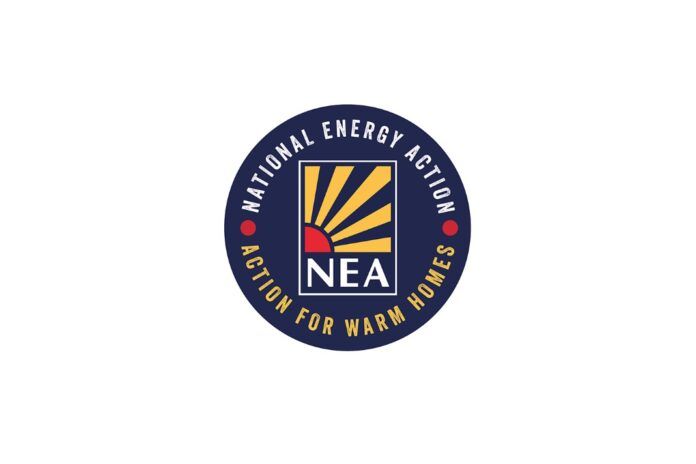
Research has found that 46% of adults in Britain are likely to ration their energy use this winter, as energy bills are set to rise by 10%.
The survey by National Energy Action (NEA) and YouGov revealed that 27% of adults said they have found it difficult to pay for their energy in the last year. This rises to 45%, on a low income of less than £15,000 a year.
A total of 37% of respondents on prepayment meters said they have gone without power or heating when they needed it.
NEA stated that the price cap increase leaves 6m UK households in fuel poverty. This comes after Ofgem said energy debt has reached a record £3.7bn. A typical household will now face an annual bill of £1,717, up from £1,568.
Adam Scorer, chief executive at NEA, said: “Millions of households face another dreadful winter, resigned to increasing energy debt or not heating their homes at all. We find ourselves stuck in a predictable loop of increasing prices and inadequate support.
“Whether or not wealthy pensioners should receive help with their energy bill, the decision to restrict the Winter Fuel Payment has put more vulnerable pensioners at risk.
“There is still time for the UK government to increase the support provided through the Warm Homes Discount scheme and to work with Ofgem and energy suppliers to provide direct support to reduce bills, help people at risk of self-disconnection and tackle record levels of energy debt.
“But this must be the last winter for the quick fix. Government needs a plan to tackle debt, to tackle affordability and to deliver warm homes.”
The survey of 2,301 adults in Britain also found that even in the last three months, when energy costs are typically lower, they were making significant cutbacks. It revealed that 48% of respondents said that they have turned off more lights than they wanted to, 56% were on a low income. A further 23% said they have had cold meals rather than use the oven, with 43% on a low income.
The research also highlighted that 40% said have reduced their use of baths or showers, 57% on a low income. A total of 25% say they haven’t run the washing machine when they needed to, with 45% on a low income.
According to the findings, 4% reported reducing the use of essential medical equipment, such as oxygen and hoists.
A total of 18% said they have cut back on essential items or services, while 8% said they have borrowed from family or friends, and 4% have missed payments on other essential household bills.
